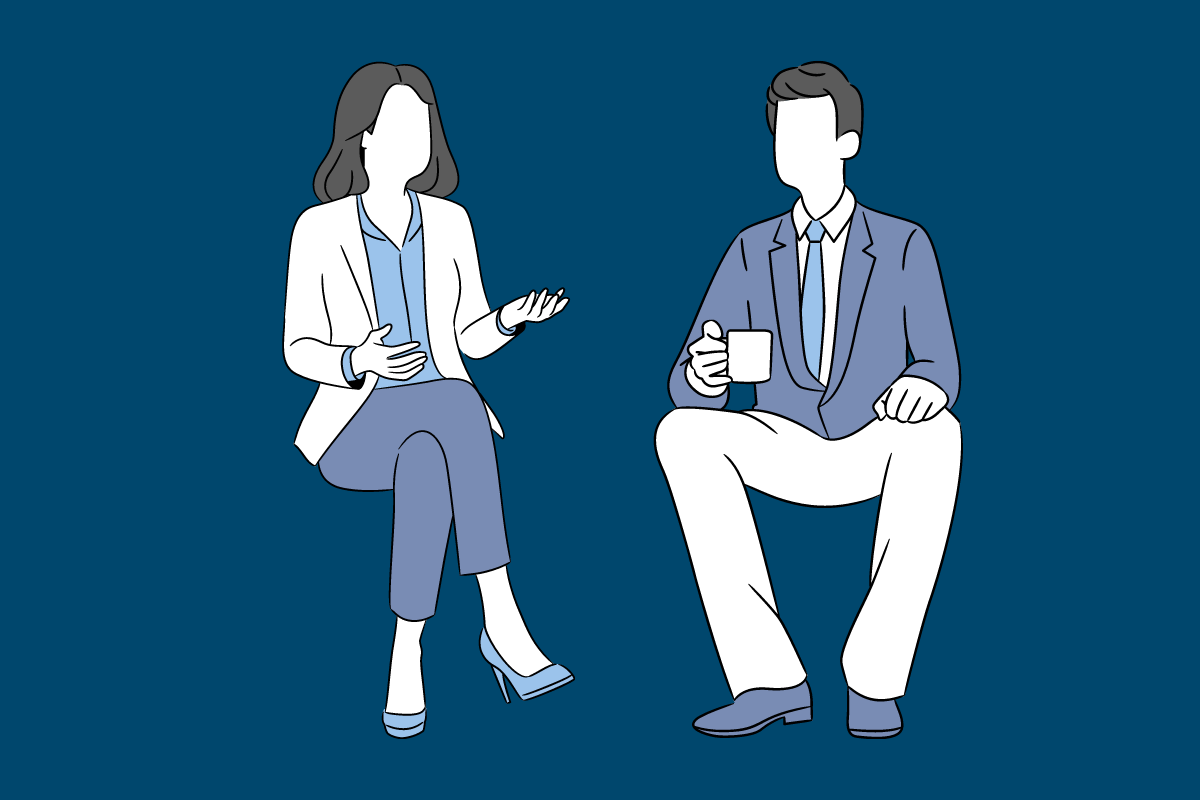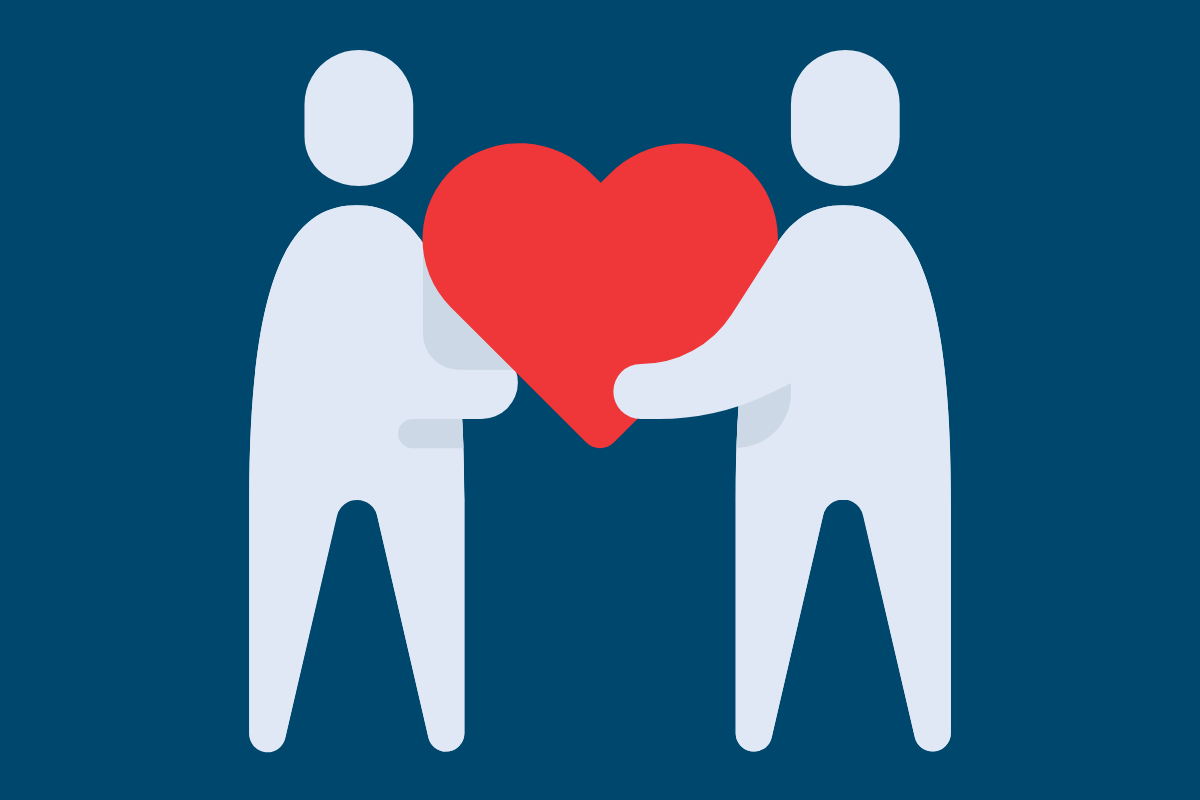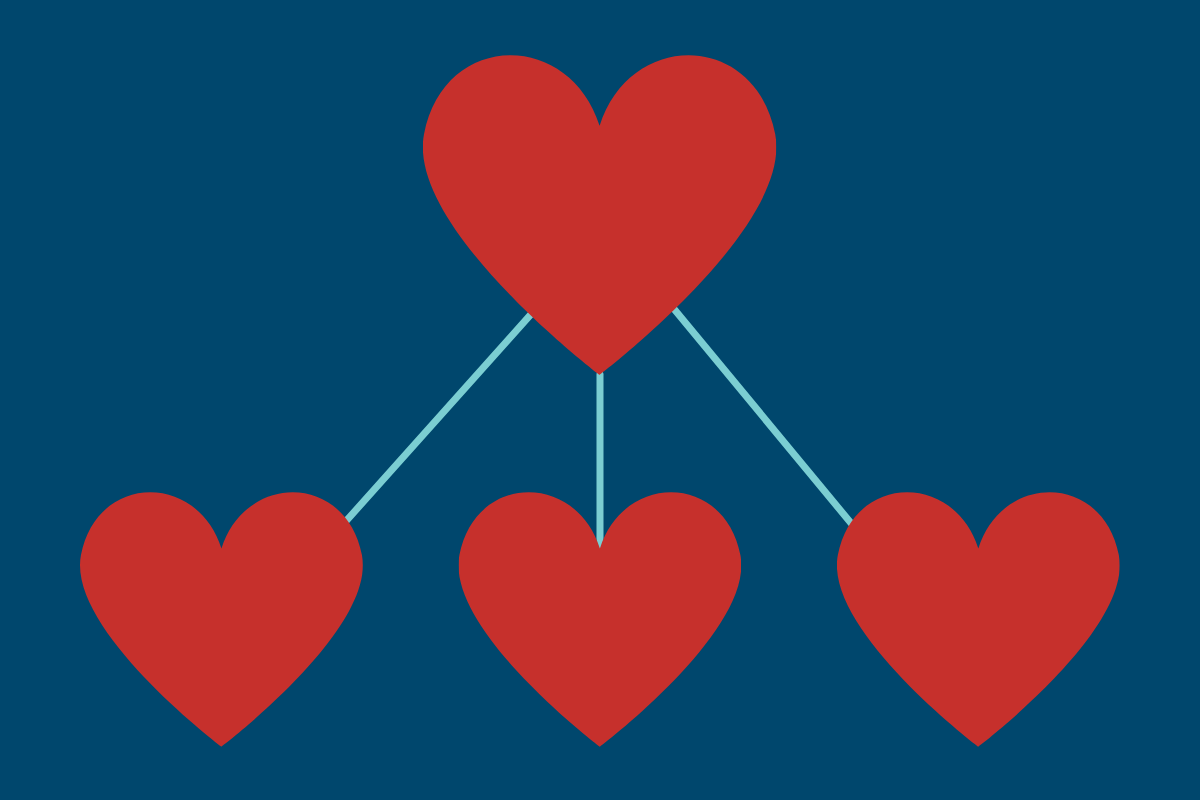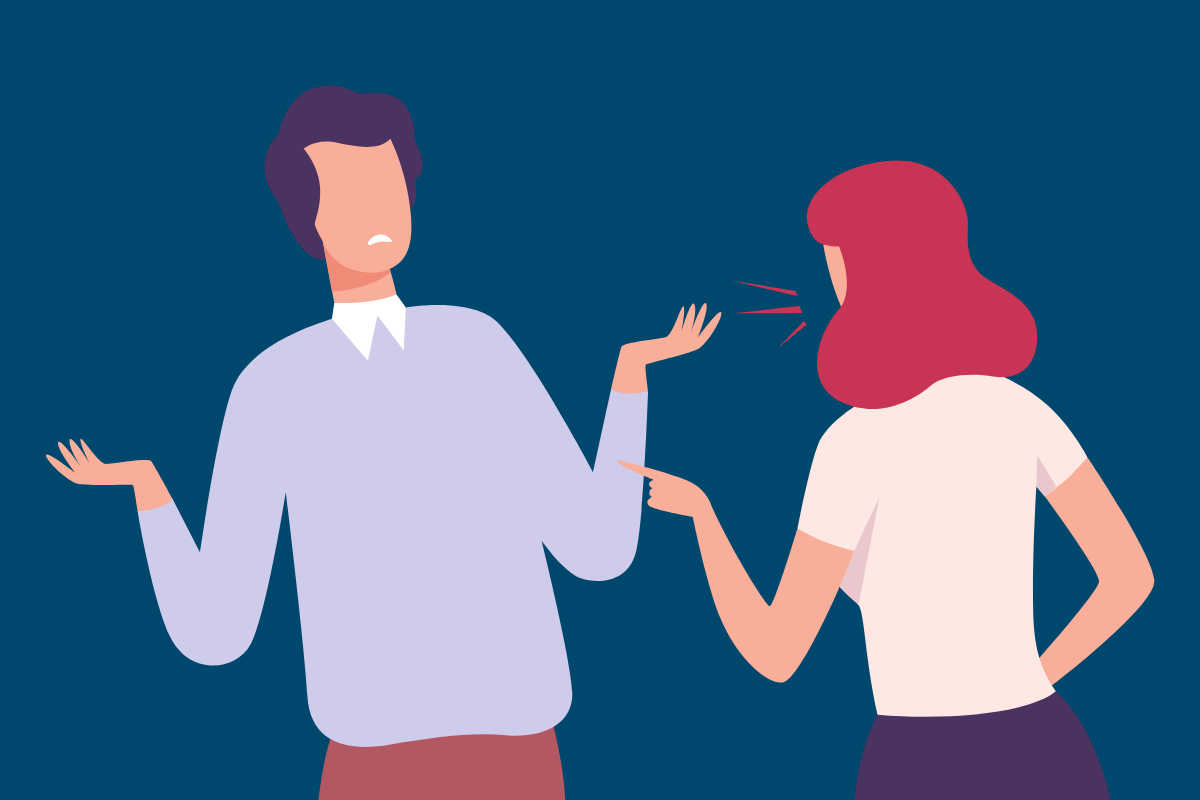1 in 6 Australians is currently experiencing depression, anxiety, or both. Almost half of Australians (45%) will experience a mental health condition in their lifetime. But as common as mental illness is, it can still be a tough topic to raise in the workplace.
There’s no right or wrong answer when it comes to telling people at work about your mental health condition/s.
Whether you choose to share or not can depend on how much your mental illness impacts your role, the amount of support you have outside the workplace, and your relationships with your boss and/or colleagues.
We explore your rights around mental health in the workplace and offer advice for disclosing mental illness to your employer here.
Do I have to tell my work about my mental illness?
Just like with any other health condition, legally, you don’t have to tell your employer about your mental health condition unless it impacts your ability to do your job, or it poses a risk to your safety or the safety of your workmates.
Similarly, you have no legal obligation to disclose mental health problems when applying for jobs unless they affect how you’d perform in the role.
Disclosing mental illness to your employer is a very personal decision. For some people, mental health is a very private part of who they are. It may have no impact on how you do your job, or you may already have enough support outside the workplace and feel there’s not much to gain by disclosing your condition.
If you do choose to tell your employer, they have a legal responsibility to maintain your privacy, protect you from discrimination, and make changes to the workplace to support you and help you keep working.
How to talk to your boss about your mental health
These steps might help if you’ve decided to disclose your mental health conditions in the workplace:
- Consider who to tell – Depending on your situation and work relationships, it can be a good idea to approach HR first. Or if you have a work friend, it can help to talk to them and let them know you’re thinking of telling your boss. This support can make it less daunting.
- Think about what you need – Before you raise the topic, make sure you have a clear idea of what you’re hoping to gain from telling your employer. Do you need extra support in your role? Flexible deadlines? Shorter work hours? Or do you simply want your boss to have an idea of what you’re going through?
- Find the right time and place – Try to approach your boss on a day when it’s quiet, and when you’re in a headspace to talk in a calm and collected way. Find a private space in your workplace or suggest going for a walk or to a café nearby.
If you’re having a hard time with your mental health, talking to a counsellor can help. You can learn more about our counselling services here, or call 1300 364 277 to book an appointment in person, over the phone, or over videoconferencing.
For strategies to manage and reduce your workplace stress, check out this blog post.





